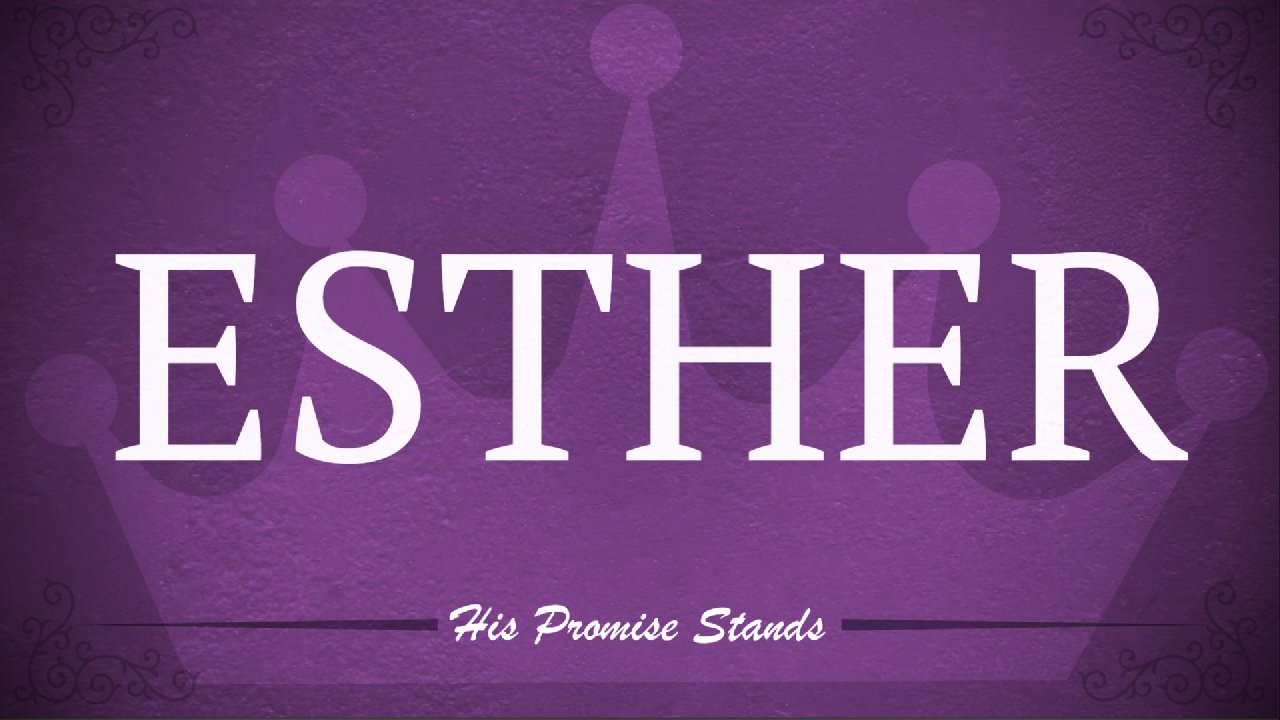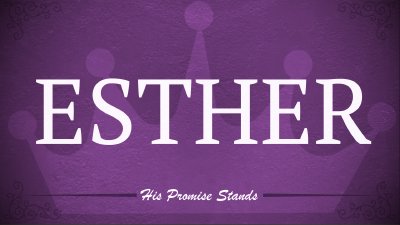1. God is never mentioned by name is this story, however, He is definitely present on each page. Where have you especially seen Him and His character so far?
2. Do we see the places God has placed us, the difficult places particularly, as an opportunity? The difficult rooms we walk into...? What gets in the way of us seeing the bigger picture? Anger, resentment, bitterness, malice unforgiveness?
3. Do we boldly come on behalf of the deliverance of others? How can more bravely and boldly come into the thrown room? Do we have those in mind we would come on behalf of?
4. Proverbs 31:26 says she opens her mouth with wisdom and the teachings of kindness is in her tongue. What does wisdom and discernment mean to you and how can we use it? What has His Word said to you about it in the past?
5. Are there areas we may be building our own small towers?

Esther Chapter 5
February 12, 2019 • Ashley Brennan
Esther Chapter 9 & 10
March 12, 2019 • Paula Thorp
1. We should celebrate and remember Jesus for marking our lives for His purpose. Reflect back and think about times when God did this in your life and take a minute to write them down or discuss them with someone. 2. How can we pass our spritual hertiage down to our children or those around us? 3. In what ways has God shown you that "His Promise Stands?" How has He been faithful to you? 4. What has God taught you during this study on Esther?
Esther Chapter 8
March 5, 2019 • Tracey Helms
1. Do you see the hand of God working in your life? How? 2. Is your faith growing? If not what are steps that you can take to help with that? 3. What does it mean to you to have Jesus as your mediator to God? (1Ti 2:5) Why is this important? 4. Esther had compassion for her people, even to the point of death. Do we have that kind of compassion for people? Give examples. 5. Can you share in a time you have received joy from the Lord? (May be part of your testimony.) (Psa 92:4)
Esther Chapter 7
February 26, 2019 • Erin Morris
1. Why is wisdom important to our lives? (Proverbs 3:13-18; 4:6-13; 8:34-36) 2. What does it look like to act/speak with wisdom instead of foolishness? In what ways do you struggle with this? 3. How do we get wisdom? (James 1:5; Proverbs 9:10; 4. Haman reaped the “gallows” he had prepared for Mordecai. What are some of the “gallows” we have built in our own lives that we may end up reaping from? (bitterness, anger, unforgiveness, etc.) How do we negatively reap from those things we sow? 5. What does the Bible say about taking our own revenge? Why is it difficult to leave things to God’s justice and not take them into our own hands?





